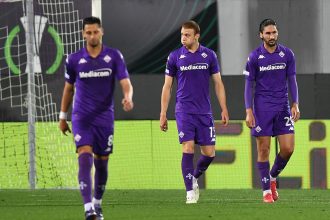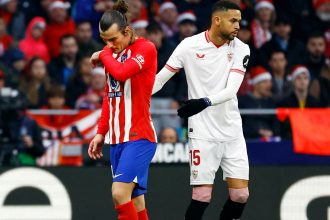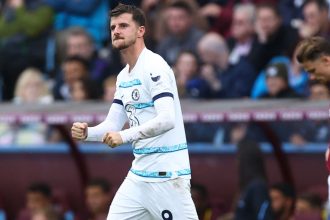Barcelona came close to missing the Champions League after UEFA threatened sanctions over financial fair play breaches. President Joan Laporta confirmed the club narrowly avoided sporting punishment by negotiating a reduced fine. The move highlights how far Barca have come financially, though challenges remain as the club continues rebuilding its economic stability.
Barcelona narrowly avoided Champions League ban after UEFA scare
Barcelona president Laporta has revealed that the club faced the real possibility of being banned from the Champions League due to financial irregularities. The Catalan giants had already broken UEFA’s Financial Fair Play (FFP) rules for the second consecutive season, paying a €15 million (£13m/$16m) fine after an initial breach in 2024.
The threat of suspension, Laporta admitted, forced intense negotiations with UEFA to prevent a sporting sanction. His board inherited a financially troubled club under Josep Maria Bartomeu, with debts running high and strict La Liga regulations to comply with. The use of financial levers, which drew UEFA’s attention, was crucial in navigating this precarious situation.
AdvertisementAFPLaporta explains negotiations that saved Barca from sanctions
Speaking during the General Assembly, Laporta revealed that the use of several economic levers almost got the team suspended from the UEFA Champions League for a year. In fact, he had to negotiate directly with UEFA to ensure that such a sporting sanction was not applied, as the levers were necessary to navigate the difficult financial situation the club inherited.
"UEFA wanted to punish us by not allowing us to play in the next Champions League. And the fact that Barcelona isn't a limited company and can't increase its capital was one of the arguments we used to get UEFA to reduce the fine for breaching financial fair play from 60 million to 15 million. They also wanted to sanction us by not allowing us to play in the next Champions League."
Financial levers and TV rights sale key to stabilising club finances
Laporta defended the use of several economic levers, explaining they were designed to prevent a mass exodus of members and stabilize the club’s finances.
“The levers were intended to prevent an extraordinary outflow of members and alleviate the situation we found ourselves in four and a half years ago,” he said. “Strictly speaking, leverage is not a capital increase. It is simply a transfer of assets for a specific period of time, which are then recovered."
He added: “In exchange, you receive a certain amount of money. We transferred 25% of our television rights to a fund, which brought us €600 million. This amount, which represented around €35 million, will be returned to the club after 25 years. It is a transfer of assets that will be recovered after a certain period of time. This allowed us to save the club,” he concluded.
This financial strategy illustrates the fine line the club has walked between compliance and necessity. With careful planning, the Catalan giants avoided UEFA’s strictest punishments, allowing their squad to remain eligible for Europe’s premier competition despite operating under significant economic constraints.
US fixture brings extra income despite player concerns
The 63-year-old also discussed the upcoming La Liga fixture against Villarreal in the United States. While not entirely comfortable with moving games abroad, he emphasized the financial benefits.
“We are not enthusiastic about taking our team far, but as President Gaspart said, it is necessary to obtain atypical income. Promoting our image in the markets has allowed us to have more sponsors. And we will surely take advantage of the opportunity to expand our image in the US, an increasingly important market where it also plays the next World Cup. Expanding the image generates sponsors.
“Deco and Flick are the first ones who want to preserve the good physical condition of the players, but they go to Saudi Arabia (for the Spanish Super Cup) to earn money that otherwise would not be earned. And in Miami, exactly the same. La Liga will benefit, and with it all the other teams, with extra income, but Barca and Villarreal, who are the ones who play, will benefit more.”






